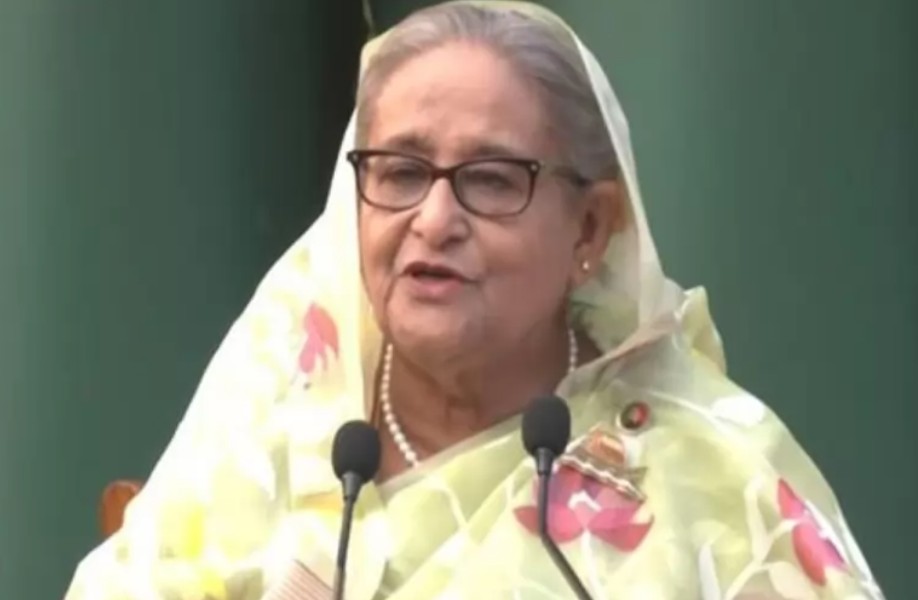DHAKA/NEW DELHI – Bangladesh is in the midst of a growing political and economic crisis as the government ramps up efforts to prosecute former Prime Minister Sheikh Hasina and her family. Hasina, who fled to India in August following the overthrow of her government in a student-led uprising, is now facing an official extradition request from Bangladeshi authorities.
The ousted leader is accused of corruption and committing crimes against political opponents during her time in office. Investigators have intensified their scrutiny, particularly surrounding a controversial $12.6 billion nuclear power deal signed in 2015, which allegedly involved Hasina’s son, Sajeeb Wazed. Wazed has denied all allegations, calling them politically motivated.
The prosecution of Hasina and her family comes as Bangladesh grapples with severe economic challenges. The country’s once-booming economy is now faltering under the weight of high inflation, a devalued currency, and rising public dissatisfaction. Economic mismanagement, combined with widespread corruption, has left many Bangladeshis struggling with rising costs and unemployment.
Meanwhile, the country’s political landscape is undergoing a dramatic shift. Following the overthrow of Hasina’s government, a coalition of unelected technocrats and student leaders has taken control, promising to restore democratic governance. This new administration, comprised of economists and civil society activists, faces the monumental task of rebuilding Bangladesh’s fractured political system while addressing the mounting economic and social pressures.
The fallout from the student-led movement that toppled Hasina’s government continues to reverberate throughout the nation. Protests, some of them violent, have gripped the streets of Dhaka and other major cities, as citizens demand reforms, accountability, and an end to the political corruption that has plagued Bangladesh for years.
The government’s efforts to prosecute Hasina and her family have sparked a fierce debate about accountability and justice, with critics accusing the current leadership of using the legal system as a tool for political retribution. Human rights groups have expressed concern over the fairness of the investigations, warning that they could further deepen divisions within the country.
The country’s path forward will likely depend on whether the new leadership can navigate the complex political landscape, restore public trust, and address the deep-rooted economic issues threatening to destabilize the nation. With tensions escalating on both the political and economic fronts, Bangladesh’s future remains precariously uncertain. (zai)

